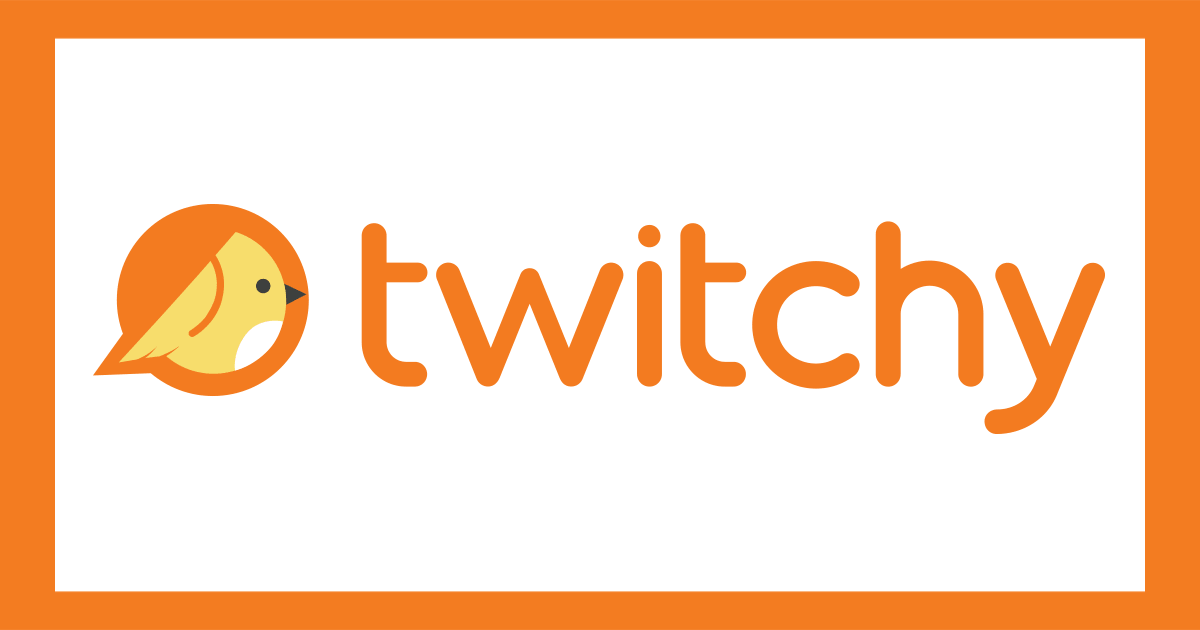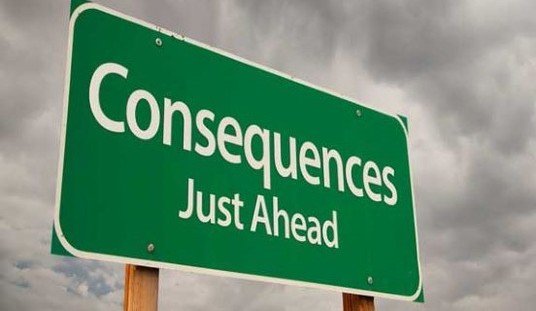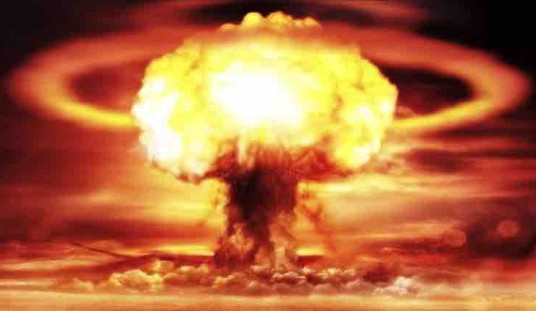Random sampling of Miami-Dade County has found that 165,000 residents, about 6% of the population, have tested positive for COVID-19 antibodies, which is 15 times greater than the number of confirmed cases in the county (there are just over 30,000 confirmed cases statewide):
Preliminary results from a random sampling of Miami-Dade County residents, suggest that about 6% of the population — about 165K people — could have been infected with the coronavirus, much higher than state data (less than 11K). More than half did not have symptoms.
— Patricia Mazzei (@PatriciaMazzei) April 24, 2020
In other words, “waaaayyyyyy more people have or had the virus”:
Based on a study involving antibodies, the mayor of Miami-dade says what he and others have known all along, waaaayyyyyy more people have or had the virus. Many of whom were/are asymptotic. @CBSMiami
— Ty Russell (@TRussellCBS4) April 24, 2020
The good news? Parks will soon be open in Miami-Dade. The bad news? This is not even close to herd immunity. From the Miami Herald:
Recommended
Gimenez said parks would open “as soon as possible” once security is in place, and that the opening would take place on a weekday. He did not specify a date.
The findings indicate that Miami-Dade is far from the 60% or higher infection rate needed to reach herd immunity, when enough people are infected to stop the spread of the virus by slowing transmission.
The study is being conducted by the University of Miami:
This is per a study still under way by @umiamimedicine and the county announced by @MayorGimenez.
— Patricia Mazzei (@PatriciaMazzei) April 24, 2020
1400 participants were tested over two weeks, with more testing underway:
The study has had about 1,400 participants over two weeks, with random sampling continuing.
— Patricia Mazzei (@PatriciaMazzei) April 24, 2020
More on how the study was conducted:
The county said when the study began that it had secured a database of Florida Power & Light customers to get phone numbers to pick participants at random from across Miami-Dade. Those people got called and then put in contact with operators who sent them to a test site.
— Patricia Mazzei (@PatriciaMazzei) April 24, 2020
These are antibody tests, to be clear. A random subset of people in the study who tested positive for antibodies will get follow up testing to see how their antibodies progress.
— Patricia Mazzei (@PatriciaMazzei) April 24, 2020
***
























